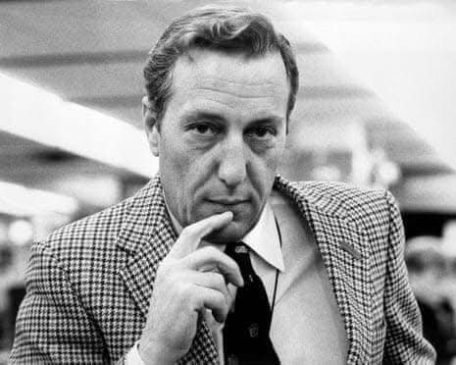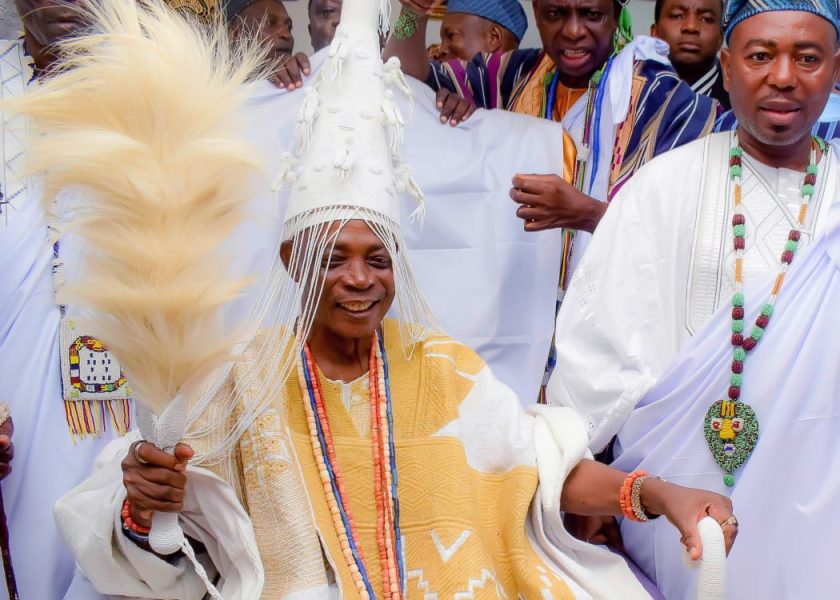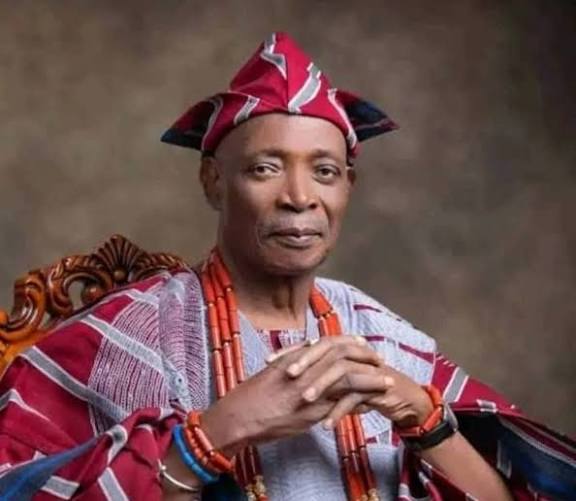By Tai Emeka Obasi
He was Frederick Forsyth.
If it were not for Frederick Forsyth, I probably would never have been propelled to become a writer. He never knew I existed, but he was my mentor. He captured me with his unique style. Beyond his masterful command of language, he was unrivalled in suspense, descriptive power, dialogue, and humour—all delivered with the potency of a cobra’s strike.
It all started over three decades ago when I was serving as a youth corper at Unity Secondary School, Ode Aye. I had arrived at camp priding myself as one of the most well-read thriller enthusiasts. Having devoured all of James Hadley Chase’s novels before graduating from university, my literary CV wasn’t unimpressive—especially in an era when students actually read books outside their course curriculum.
At my primary assignment, there were five other corpers—my flatmate Tony Obaze from Edo State, Ade Gboyega from Oyo, Akin Odukoya from Osun, and Kolawole (I’ve forgotten his surname) from Lagos. We each came with different novels. We began exchanging books until we’d read everything we brought. Then we made a pact: at the end of each month, after receiving our allowance, each of us would buy two new novels. We’d read and exchange all ten before the next month. We kept to this ritual religiously until we passed out.
In that process, I discovered something humbling: Tony and Kola not only read faster than I did—they had also read far more novels than I had. And, astonishingly, both were graduates of the University of Ife. I was truly put in my place.
It was Tony who introduced me to Frederick Forsyth. We were browsing a bookshop in Okitipupa—our regular hunting ground for new titles—when he screamed at the sight of The Devil’s Alternative. He said I’d love it and immediately bought the only copy. He gave it to me to read first. And, oh boy…
Till today, The Devil’s Alternative remains my favourite work of fiction ever written. From there, I devoured nearly all of Forsyth’s masterpieces—14 other stunning thrillers. My second favourite remains The Fourth Protocol, followed by The Negotiator, then The Day of the Jackal, The Odessa File, and The Dogs of War. His later works include Icon, The Fist of God, Avenger, The Fox, The Kill List, and The Afghan. The only one I haven’t truly read is The Phantom of Manhattan.
He also wrote unforgettable short stories like The Shepherd, The Emperor, The Citizen, Whispering Wind, and The Art of the Matter. Collections like No Comebacks and The Veteran and Other Stories added more gems to his legacy.
His non-fiction works, The Biafra Story: The Making of an African Legend and Emeka, felt like he was telling my own story. The other two works I haven’t yet read are Used in Evidence and The Outsider: My Life in Intrigue.
I’m also aware of the forthcoming sequel, Revenge of Odessa, co-written with Tony Kent and slated for release in September 2025. I can’t wait to order it from Amazon!
Now, why Forsyth as a mentor?
I’ve already mentioned some of his qualities, but the clincher is this: no one blends fact with fiction as seamlessly as Frederick Forsyth. His depth of research is astounding. You don’t just read his stories for the thrill—you get a thorough education in any subject he tackles. He elevated journalism to literature and made investigative writing a revered art. Whenever you finished his novel, you’d check the book cover to see if fiction was boldly written. Otherwise, it would be hard to imagine that any of his works were not real stories. Why? Because he brought life into every narrative. An incredible ability!
In an era without Google or artificial intelligence, you wonder how deeply this great British author dug to uncover the clandestine details found in The Day of the Jackal, The Devil’s Alternative, The Fourth Protocol, and all his Cold War-era works.
Unfortunately, today’s younger generation rarely reads books anymore. They flood social media in search of gossip—mostly sex-related—and poison their subconscious with stories that are not only 95% false, but also riddled with poor English. This next generation is in real danger, because they no longer read to learn; they merely adapt to belong. But for any one of them who ever dreams of becoming a writer—get your hands on as many of Frederick Forsyth’s books as you can. Don’t just read them. Study them.
Forsyth taught me to research thoroughly before putting pen to paper. He taught me to educate my readers, not just entertain them. He taught me to blend fact with fiction—no matter how vague or distant the subject might seem.
I learned so much from the master. And all I attempt is to write like him—without copying him. Can anyone truly write like him? Not possible. All one can attain, no matter how diligently one tries, is to become an inferior prototype. Forsyth was in a class where Lionel Messi is in football—above others!
Check out the first sentence in The Devil’s Alternative—“The Castaway would have been dead before sundown but for the sharp eyes of an Italian seaman called Mario.”
Then read this from The Day of the Jackal—“It was cold at 6:40 in the morning of a March day in Paris, and seemed even colder when a man was about to be executed.”
Just which lover of the thriller genre would drop those bestsellers after reading those blockbuster openings?
Definitely, I won’t forget to dwell on his most important non-fiction, The Biafra Story. This was a very powerful book told from an unbiased viewpoint of a humanist, who was sent by his government to report. Forsyth threw propaganda to the trash can and presented facts of a war the Biafran nation was ganged up against for extinction. Many of my uncles died in that war! It was indeed my story.
Of course, I lack all of Forsyth’s abilities, but I try very hard to master the suspense act without forcing it. The master wrote with effortless ease and took you along so seamlessly.
Master, you created loyal servants all over the globe. My only regret is not meeting you in person to tell you to your face. At 86, you died too young. People like you should have lived to be 200 in strong health. Though the works you left behind ensure you live forever, I still bowed my head in last respect on 10 June, when I woke up to the sad news from Buckinghamshire that you had passed on the previous day. That very devastating information shattered my birthday mood. You died a day before my birthday. And I will always remember.
I will still try to make as much impact as possible on my followers as you’ve made on us who adored you.
You may be gone, but you never left.
Rest in peace, Master.
— Obasi wrote from New York.




